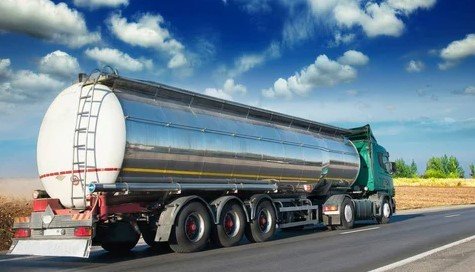New Delhi, 03.07.2025: India is working on plans to build three new strategic oil reserves to strengthen its emergency stockpile and improve energy security. The move is seen as an important step for a country that imports more than 80% of its oil needs and is heavily affected by global events that can disrupt supply. As the world’s third-largest oil importer and consumer, India is focusing on expanding its storage capacity to prepare for possible crises.
The head of Indian Strategic Petroleum Reserve Ltd (ISPRL), L. R. Jain, said that the state-run Engineers India Ltd is currently carrying out feasibility studies for the new reserves. These studies will help determine whether the projects are practical and how they can be developed. Once the studies are complete, the final decision will require approval from the central government.
Currently, India has three major storage sites in Mangalore, Padur, and Vizag. These facilities can store up to 5.33 million tons of crude oil. The oil stored in these sites can be used if there is a sudden disruption in supply.
The new plans include building additional storage facilities in Bikaner in Rajasthan, Mangalore in Karnataka, and Bina in Madhya Pradesh. The proposed site in Bikaner would be built inside salt caverns and would have a storage capacity of around 5.2 to 5.3 million tons. The Mangalore site would store 1.75 million tons, while the capacity of the Bina site is still under discussion.
In addition to these proposed sites, two other reserves have already been approved—one with 2.5 million tons of capacity at Padur and another with 4 million tons at Chandikhol in Odisha.
India has been changing its approach to managing its strategic petroleum reserves by allowing private companies to participate. This includes giving oil majors the ability to lease space and trade stored oil, following models used by countries like Japan and South Korea.
According to Jain, India is aiming to reach a 90-day oil storage capacity, which is the standard required for membership in the International Energy Agency (IEA). At present, the country can meet 75 days of demand through a combination of company-held stock and oil in transit. As fuel consumption continues to rise, the need for larger reserves is becoming more urgent.


